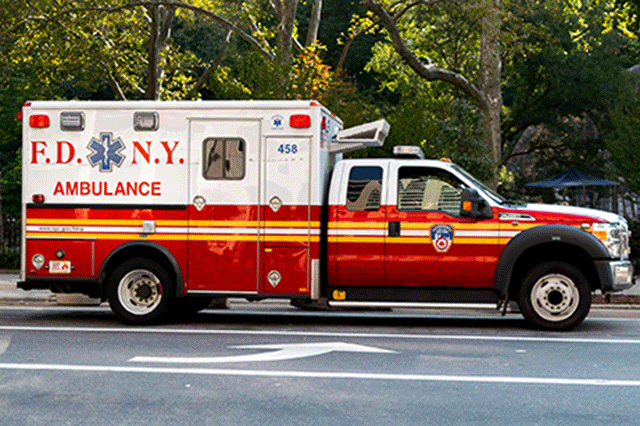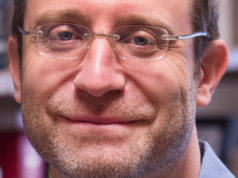
Data published, as a research letter, in the Journal of the American College of Cardiology and presented at the American Heart Association’s Scientific Sessions 2017 (11–15 November, Anaheim, USA) indicate that only a small percentage of sudden cardiac arrests are related to sexual activity. However, of those events that do occur, death rates are high and rates of bystander cardiopulmonary resuscitation (CPR) are low.
Previous research has shown that sexual activity may trigger non-fatal cardiac events, such as myocardial infarction. The aim of the present study was to determine if sexual activity was a potential trigger for sudden cardiac arrest in the general population.
Sumeet Chugh (Cedars-Sinai Heart Institute, Los Angeles, USA) and colleagues looked at the community-based Oregon Sudden Unexpected Death Study (Oregon SUDS) database from 2002 to 2015 to discover the frequency to which sudden cardiac arrests occurred during or within one hour after sexual activity for all persons over the age of 18. All reported cases of such events were based on emergency medical service reports containing detailed information regarding cause of the cardiac arrest event.
In total, Chugh et al identified 4,557 sudden cardiac arrests in Portland during the 13-year study period. Of these, 34 (0.7%) of events were linked to sexual activity. On average, these patients were more likely to be male, middle-aged, African-American and have a history of cardiovascular disease, with a majority taking cardiovascular medication. Patients who experienced a sudden cardiac arrest related to sexual activity also had a higher rate of ventricular fibrillation/tachycardia than those who did not.
Only one-third of these sudden cardiac arrest cases received bystander CPR. The authors determined that the low bystander CPR rate accounted for the less than 20% of patients who survived to hospital discharge. Chugh comments: “Even though sudden cardiac arrest during sexual activity was witnessed by a partner, bystander CPR was performed in only one-third of the cases. These findings highlight the importance of continued efforts to educate the public on the importance of bystander CPR for sudden cardiac arrest, irrespective of the circumstance.”
Overall, the study authors said they found a relatively low burden of sudden cardiac arrest in relation to sexual activity. The majority of cases were men with a previous history of cardiovascular disease. The researchers also noted that some cases of sudden cardiac arrest after sexual activity may also involve medications, stimulants and alcohol use.










